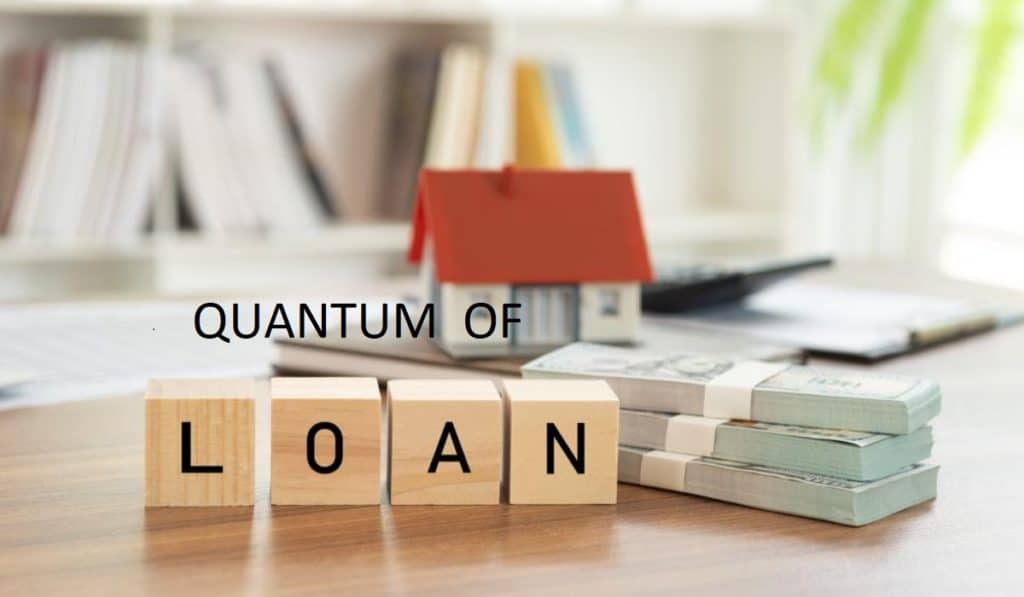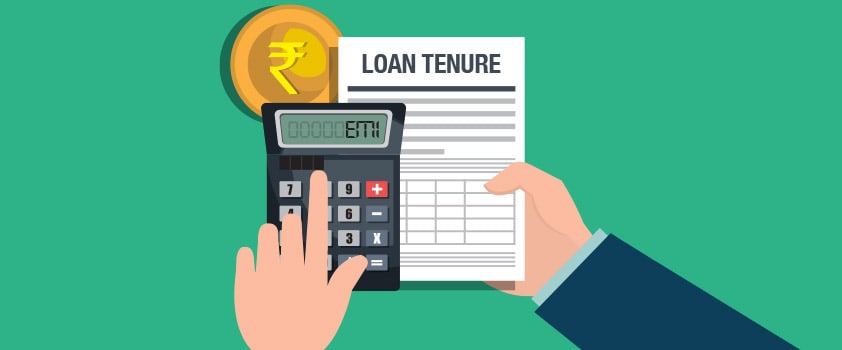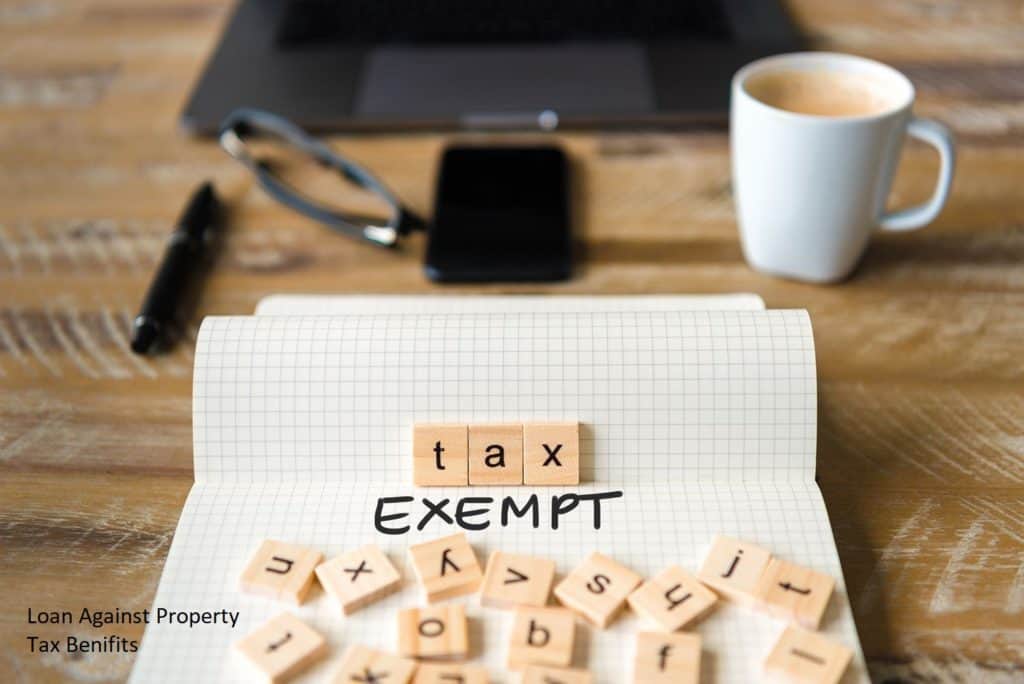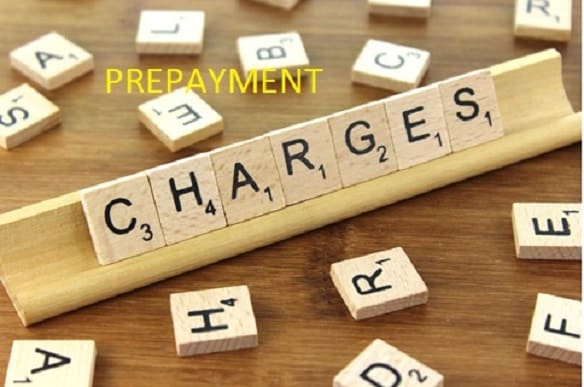Property Geek
We provide the actual and accurate information with unbiased user driven reviews to our viewers, to help them see the best and find the best!
View posts
People require loans for several reasons and depending on their needs, there are a variety of lending choices available. Amid all the loan options available, it’s okay to be confused. Two of the most common types of loans you must have heard of are home loans and loans against property, also known as mortgage loans.
Rather than selling your property in case of a financial need, it’s an unquestionably good idea to put it up as security with a financial institution. So are there any loans against property tax benefits? It depends on how you use the loaned money. Section 24(b) and Section 37(1) can be used to claim interest payments for mortgage loans. In this article below, we shall discuss in detail the difference between a home loan and a loan against property along with what benefits you are eligible for later.

A home loan is a type of loan that can be used to fund the purchase or construction of a home that is still unregistered in the prospective buyer’s name. A loan against property, also known as a mortgage loan, is a loan that is secured by a property that the borrower already owns.
Home loans and mortgage loans are both secured loans that are used to pay for significant expenses. However, they do differ significantly and the differentiation table below explains how.
Home loans and mortgage loans are both secured loans that are used to pay for large expenses. However, they do differ significantly and the differentiation table below explains how they differ.
| Home Loan | Loan Against Property/ Mortgage Loans | |
| Purpose | Only for the construction of the new home or the acquisition of a property that is ready to move in. | There are no restrictions on how the loan money can be utilized. It may be utilized to fulfill personal as well as professional needs. |
| Loan To Value Ratio | A loan for up to 90% of the property’s market value can be obtained. | A loan of up to 60% to 70% of the property’s market value can be obtained. |
| Interest Rate | When compared to mortgage loans, the interest rate for home loans is very low. | The interest rate on a mortgage loan is typically 1 to 3 percentage points higher when compared to the rate on a home loan. |
| Processing Fee | 0.8 % to 1.2 % of the loan value is common. | 1.5% of the loan value is common. |
| Repayment Tenure | Maximum of 30 years. | Maximum of 15 years. |

Buying a home is often the most expensive investment you will make. When compared to a loan against property, a home loan is particularly created for this purpose and allows you to take out a larger loan for the same amount of security guaranteed.

The interest rates on home loans are lower than those on mortgage loans. This is because the Indian government wants to make housing more affordable to everyone, hence the Reserve Bank of India has reduced the lending rates on home loans.

Long terms are available on both home loans and mortgage loans. A home loan might have a term of up to 30 years. A mortgage loan normally has a term of 15 years, however, many lenders offer terms of up to 20 years. Based on your financial situation, these loans also allow you to make partial or complete pre-payments to lower the period or EMI.

You can usually take a top-up loan on top of your existing loan with a mortgage loan. This is possible because you may be qualified for a loan that is significantly larger than the one you first selected. For example, if you are qualified for a loan of up to 70% of the property’s market value but have only borrowed 50% of it, you can get a top-up loan for up to the remaining amount. A top-up facility is not normally available with home loans, however, certain lenders may do so depending on their evaluation of your ability to repay.

Under Section 80C you can claim a deduction of up to Rs 1.5 Lakh on home loan principal repayments. Additionally, you can also claim tax exemption Under Section 24 on the interest payment of your home loan. It is important to note here that general-purpose mortgage loans do not qualify for tax exemptions.

In the event of a floating rate of interest, no lender can levy a fee for prepayment, regardless of the type of loan you have taken. A prepayment fee may be imposed if a fixed rate of interest is applied. This varies from one lender to another.
Both home loans and a loan against property require the same documents. Below is the list of documents that are required to avail them-
In the case of mortgage loans, you will also need to have complete paperwork for the property that is being pledged.
The loan you get by pledging your property as security with a financial institution (like a bank) is called a loan against property. You may use the loan received for any use (be it commercial or personal). Read on to find out some of the laws against property benefits under various sections and when you are ineligible for tax benefits.
Under section 24(B), you stand eligible for a tax deduction on interest for up to ₹2 lakh for mortgage loans
This income tax clause deals with all expenses related to your business and not income. You can include all expenses that aren’t personal or capital in the loss/income statement. A loan against property or mortgage loan is not tax-deductible because you are getting money in exchange for your property and not for investing in your property. In the case of home loans, you do that so you are eligible for tax deductions.
If you want to finance the purchase or building of a residential property, you should take out a home loan. A home loan cannot be used for any other purpose other than to purchase a property. Hence, if you have a particular requirement, a loan against property or a mortgage loan is a feasible solution.
Under 24(B), tax benefits are allowed to salaried individuals up to ₹2 lakh if they are using a loan against property to fund their residential house. Tax deductions are also applicable for payment of interest.
There are 5 loans against property tax benefits over collateral-free loans:
Section 80C is for tax exemption regulations for fully constructed residential properties. Hence, you cannot claim tax exemptions for loans against property tax benefits under 80C. There are other sections under which you could do so pertaining to the eligibility criteria.
Here are some Indian banks that offer you pretty viable loans against property benefits:
When a loan against property is not repaid, the lender will issue a 60-day notice to the defaulter to pay back the amount. On failing to do so, the lender can sell the assets after the notice period. They will serve another 30-day public notice mentioning the details of the sale.